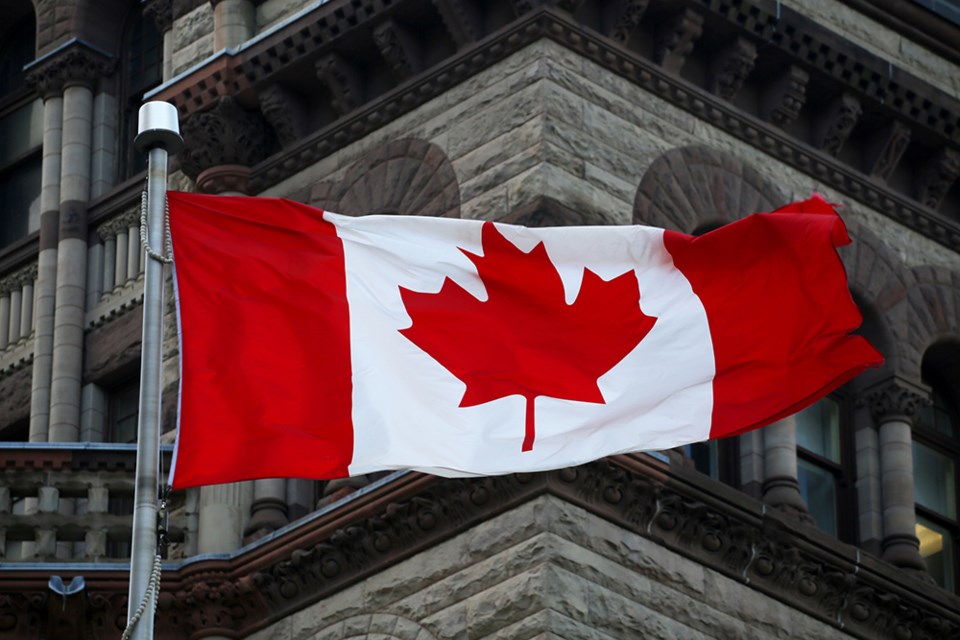REGINA — There’s no denying that Indigenous peoples have a vital role to play within the Canadian economy.
Two individuals well acquainted with issues surrounding the Indigenous economy are Tabatha Bull, president and CEO of the Canadian Council for Aboriginal Business, and Cadmus Delorme, chief of Cowessess First Nation in Saskatchewan.
Bull and Delorme offered their thoughts in a presentation titled “The Future of the Indigenous Economy” held Feb. 16 at the University of Regina.
Ken Coates, Canada Research Chair in Regional Innovation at the University of Saskatchewan’s Johnson-Shoyama Graduate School of Public Policy, moderated the discussion.
Both Bull and Delorme were asked whether the Canadian economy can be reimagined so that Indigenous entrepreneurs, businesses and communities can be included in the country’s prosperity while still respecting Indigenous values and aspirations.
“My answer is yes, because it has to be,” said Bull, who lives in Toronto but is a member of Nipissing First Nation in northern Ontario.
“We really as a country will not be able to move forward on clean energy transformation, on looking at where we’re faced right now with supply shortages and where we’re faced with workforce shortages if we don’t ensure we are including Indigenous people and communities and businesses in all of our conversations.”
Delorme said some progress is being made on the Indigenous economic front.
“It’s happening,” he said. “Is it happening at the pace that we all want? No, it’s not. Our biggest enemy in it is the machine that runs it. It’s a really big machine.”
Delorme said progress is at times hindered by aspects of the Indian Act, legislation enacted by the Canadian government in 1876.
As an example of how difficult it is to build on Indian Act status land, Delorme cited a Tim Hortons franchise that was opened on Cowessess First Nation property in 2021.
“We had to budget an extra $100,000 to convince the Department of Justice that a Tim Hortons was a low risk to Canada on status land,” Delorme said.
Bull echoed the sentiment that land codes and land management acts can significantly hinder Indigenous entrepreneurs.
“If you are in a community and want to lease part of a land or develop the land and you don’t have a land code, agreed to and approved by the federal government, you cannot make those business deals without going through that process,” she said.
Bull said she was unsure exactly how many Indigenous communities in the country have a land management act.
It can be a time-consuming initiative to get an authorized go-ahead on a project.
“They kind of go through a process to determine what parts of their land will be residential, what will be for business, what could possibly be leased,” she said. “And that has to be approved by their community but also by the federal government. That process is still taking five, seven years for approval at the federal government level.”
Both Bull and Delorme, who is in his second term as Cowessess chief, agreed that a 2019 procurement mandate letter from the federal government is a step in the right direction to assist Indigenous entrepreneurs and businesses.
The mandate stipulated that the Canadian government work towards a minimum five per cent of all federal contracts awarded to Indigenous businesses.
“We firmly believe that procurement is a way that corporations can support growing Indigenous economy without having to spend more on your budget. It’s just directing where you are spending your money to ensure that you are supporting Indigenous business,” Bull said.
Delorme is in favour of the federal mandate, but he said he frequently hears questions on why Indigenous people are getting a special procurement.
“We have a whole society that’s sitting there saying ‘well, why the heck do they get special treatment?’ Well. the thing is in 2023 we can’t just assume that there is equality," he said. "Indigenous people have only been thinking economically and welcomed into the economic world since the late ‘80s. And this country is 165-plus years old.”
Windspeaker.com




